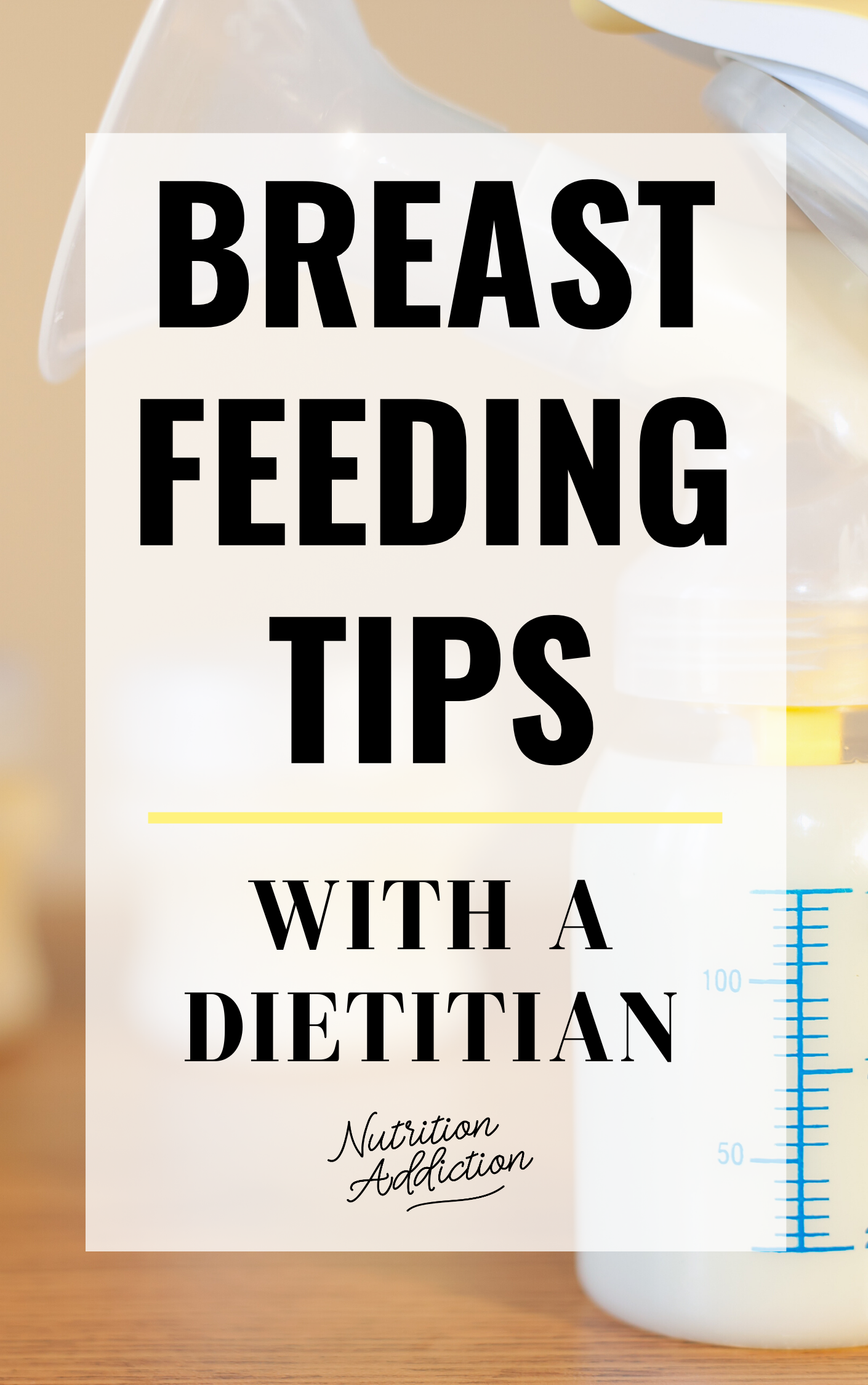Breastfeeding Tips
My breastfeeding story has been interesting.
It started off with WTF.
Tules latched like a total champ when she was born, pretty much immediately, but because of a slight kink in her neck (which we quickly corrected at our chiropractor), her latch was slightly off on my left side and holy shit, it was painful.
As in, there was a period of a few days where I thought I was going to pass out every time she latched.
Once we got through that, there was the cluster feeding. The “am I producing enough milk? Because I’m PRETTY sure I’m not. There ain’t nothin’ left in there and she is still too hungry to sleep.”
At 3 weeks, we introduced a bottle of Happy Baby Organics formula a day.
It was my birthday and I had been stuck on the couch the whole day. It was almost 11 PM and she wanted more milk. I was EXHAUSTED and this was the 3rd day in a row of this. Andy went out to Target and picked up the formula.
Adding a bottle of good-quality formula has allowed me to be so much more flexible with my life and it’s also allowed me to sleep through some of her wake-ups during nights I was completely worn out. It allowed me to get the rest I needed to be a better mom.
This is just a random list of some of the things I’ve learned in my first few months of breastfeeding. Whether you’ve just started breastfeeding, you’ve been at it for a while, or you’re not quite there yet but will be someday, I hope you’ll find these helpful.
The Queen - Tulie Morrison
It’s ok to not exclusively breastfeed. Do your best, always. But if you feel like supplementing with a high-quality formula (I like Happy Baby Organic) once a day will give you more flexibility, improve your mental health, and make you a better mom, then DO IT.
It’s ok to stop breastfeeding before you thought you would. See above.
It’s ok to decide breastfeeding is not for you. Again, see above.
...however, it DOES get better. So I would encourage anyone in those early weeks to keep going. I thought for sure I’d have given it up by now if you asked me 3 months ago, but we’re almost 15 weeks strong and now I see myself doing it probably until she’s at least one year old.
Eat eggs daily, or at least several times/week. Scrambled, hard-boiled, over-easy - eggs are magic food for your breastmilk. They are loaded with choline, which is essential for baby’s brain and eye development, but the only good sources are eggs and liver.
Eat liver. Speaking of liver, it’s considered to be the most nutrient-dense food on the planet. It’s also rather disgusting, which is why I take it in pill form.
Include protein at every meal. Because your nutrient needs are high during breastfeeding, you’ll want to really focus on eating enough protein to maintain your muscle mass. Protein is also filling, which is important because it can get tough to eat often when you’ve got your hands full.
Include fat at every meal. Healthy fats like grass-fed butter, coconut oil and milk, avocados, bacon, organic heavy cream, and nuts are all excellent at producing milk! You’ll also notice when you include lots of healthy fat in your diet, your breastmilk will turn yellowish. This is a good thing! More fat in your milk = a more satisfied baby that’ll sleep longer :)
Eat your (frozen) veggies. Vegetables are key because you’ll want to be loading up on as many micronutrients as possible. Your diet IS reflected in your breastmilk regardless of what your doctor tells you. But prepping veggies can get tough, so keep lots of frozen ones on hand. You can throw them into a pan with one hand if you have to!
Supplement. You just need to supplement your breastfeeding. At least 6400 IU of vitamin D is essential, a post-natal multivitamin isn’t a bad idea, and I also like to include a good quality omega 3 and desiccated liver as well. You can check my post here for the brands I like.
Meal prep. I know during those precious moments where baby is sleeping the LAST thing you wanna do is meal prep (yuck), but it is vital if you don’t want to end up with takeout and frozen dinners every night. Chia Pudding, Turkey Broccoli Stir-Fry, Egg Roll Stir Fry, Slow Cooker Buffalo Chicken, and Apple Cider Vinegar Pulled Pork are a few you can put together in minutes.
Ingredient prep. Or better yet, just throw a bunch of simple ingredients together on the stove and mix and match throughout the week. Rice and hard-boiled eggs in the instant pot, chicken and pork in the slow cooker, a few different frozen veggies steamed and seasoned. Then have your fats on hand to add to the dishes for flavor. Trust me, you won’t care about elaborate meals, you’ll just want to not be hungry.
Hydrate. This should probably be #1. Your hydration status impacts your milk supply more than ANYTHING. Get some good electrolyte packets and drink one/day. I like Skratch Labs or Liquid IV. Drink a glass of water every time you nurse and start your day with a big glass.
Drink alcohol, if you want to. Honestly, it’s not a big deal. You’re not going to find anyone recommending to get shit faced and breastfeed on the internet (I mean, you really shouldn’t be holding a baby), but you don’t need to stress about drinking/pumping/dumping. If you don’t feel comfortable, you can always pump and distribute the milk over a few different bottles.
Feed a bottle before bed. We started the bottle at 3 weeks and she loves it. What I like about doing it before bed is that we know how much milk she’s getting before the big sleep. I like to make sure, at 3 months, that she’s getting at least 5 oz. Introduce it early enough that your babe will take it because you don’t want them fully dependent on YOU.
Give your baby probiotics. Omg - you have the opportunity to shape a brand new gut microbiome. Isn’t that EXCITING? No? Just me? Well, you can feed your baby infant probiotics like Klaire Labs or even Just Thrive probiotics (just use ⅛ of a capsule) and add it right to the bottle or to the nip if you’re in the pre-bottle phase.
I hope this helps! This is by no means professional advice. I am far from a lactation specialist. Just sharing what worked for me.
Some of the links on this page contain affiliate links, which means I get paid a lil bit of money if you purchase something I recommend. I would never, ever recommend a product I wouldn’t purchase myself (that’s so gross).


